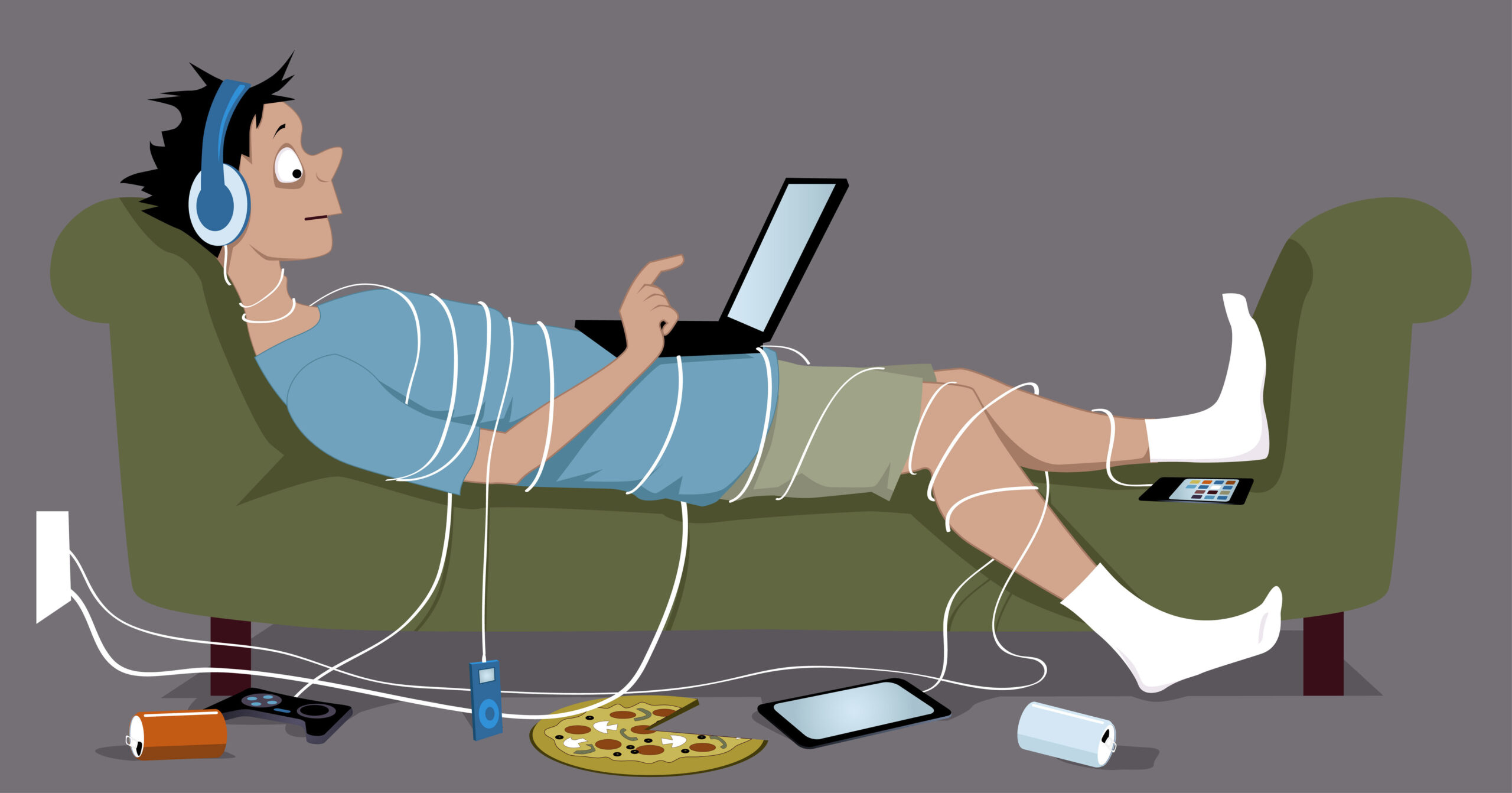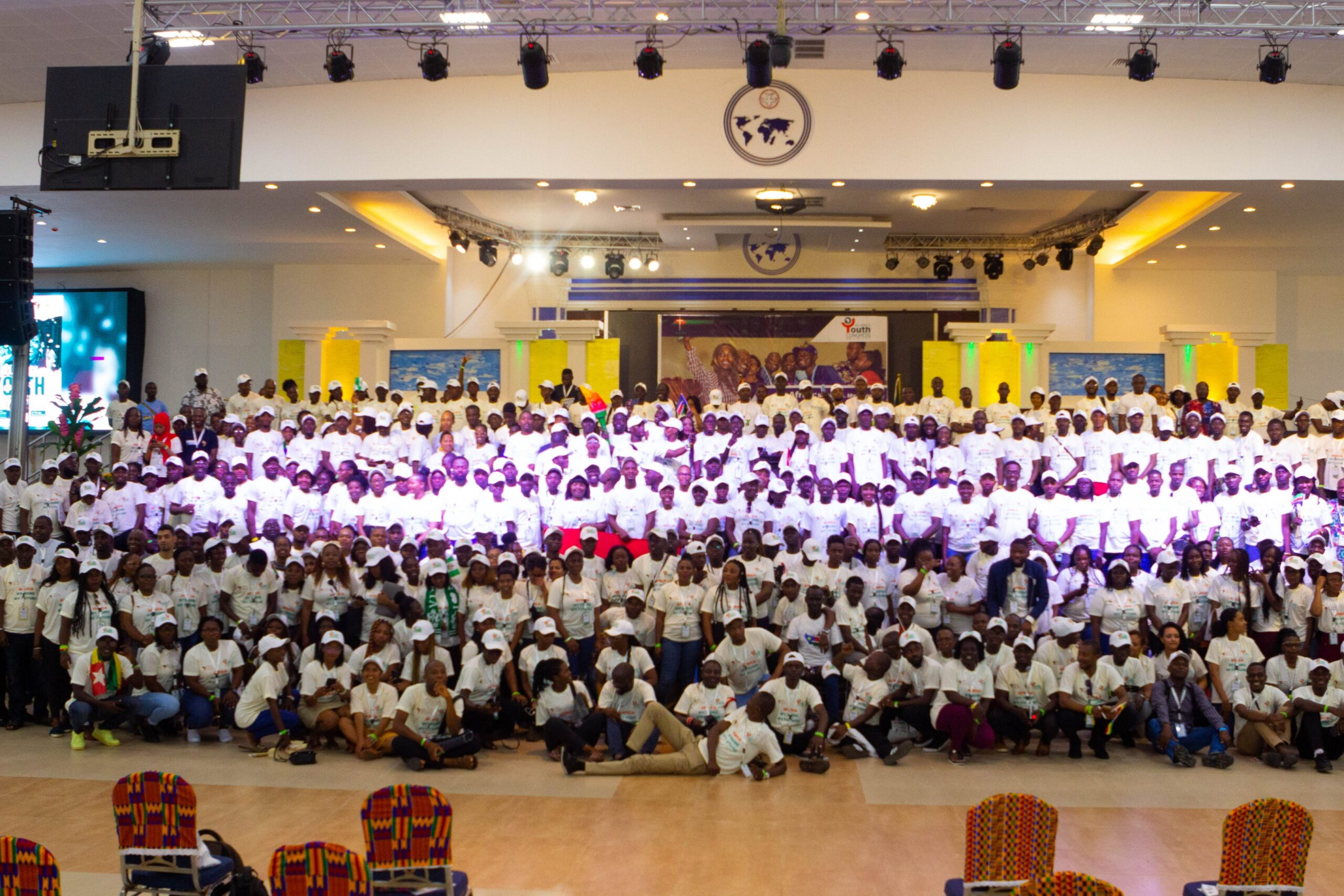52 percent of Kenyans are against the notion of stay-at-home dads. The perception of stay-at-home dads might be different locally than what it is globally. During the COVID 19 pandemic, a lot of families were affected due to layoffs and the closure of businesses. This led to the increase of stay-at-home dads and moms worldwide. In the survey, we focused on stay-at-home dads by choice and not on health or other issues.
In the aftermath of the pandemic, there has been a new wave of stay-at-home dads. With 29% of Kenyans in support of stay-at-home dads, “If you are staying at home and still providing, why not,” James stated. While 19% of Kenyans opted for a maybe. With the influence being the circumstance that brought the individuals to that state, others state that some men seek the easier way out to be stay-at-home dads just to be lazy. This was the key factor that made 52% of the respondents vote no. The issue of provision remains the key factor in the decision and perception of society.
Psychologist Joe Wisdom expounds on the psyche of the modern stay-at-home dad, “We are talking about a man who knows want he wants and who is acting in the best interest of the family. A man who is not threatened by the success of the woman. The issue of provision is not narrowed down to the man in the Kingdom dimension.”
The balance between personal egos or desires and the interests of the family is what should direct the decision. Joe goes further to expound that as much as the man might be at home he can also engage in; working from home, home schooling, and providing emotional support to his family.
What’s your perception on this, do you support the notion of stay-at-home dads?







